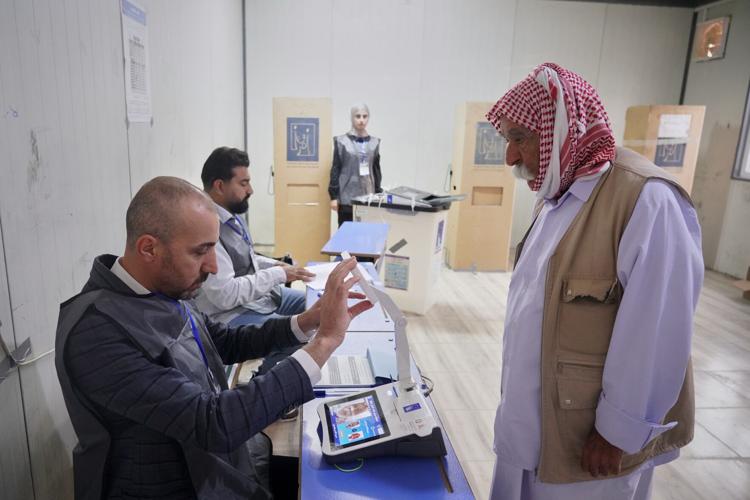French inflation showed signs of easing in October 2023, declining to 3.1% from the previous 4.9% in September. This decrease comes despite an unexpected rebound in the national economy, raising questions about the ongoing economic landscape.
Economic Context and ECB Response
The European Central Bank (ECB) has been closely monitoring inflation trends across the Eurozone. In its latest policy meeting, the ECB decided to maintain interest rates, reflecting its cautious approach to balancing economic growth and inflation control. With inflation rates gradually decreasing, analysts are assessing the implications for future monetary policy.
According to the French National Institute of Statistics and Economic Studies (INSEE), the inflation rate of 3.1% is the lowest it has been since early 2022. This change is significant as it signals a potential stabilization in consumer prices after months of volatility driven by global supply chain issues and energy costs.
Consumer Impact and Market Reactions
Consumers in France may find some relief from rising living costs as inflation eases. The drop in inflation is expected to influence household spending and consumer confidence positively. Analysts predict that if inflation continues to decrease, it could lead to a more favorable economic environment, potentially boosting consumer demand.
Reactions from the financial markets have been mixed. Investors are weighing the implications of the ECB’s decision to hold rates steady against the backdrop of improving economic indicators. A sustained decline in inflation could prompt the ECB to consider adjustments in its monetary policy sooner rather than later, depending on economic performance.
As France navigates these shifts, the government is likely to closely monitor economic indicators to ensure that growth remains steady while managing inflation effectively. The balance between these two factors will be crucial in shaping France’s economic outlook for the remainder of 2023 and beyond.







